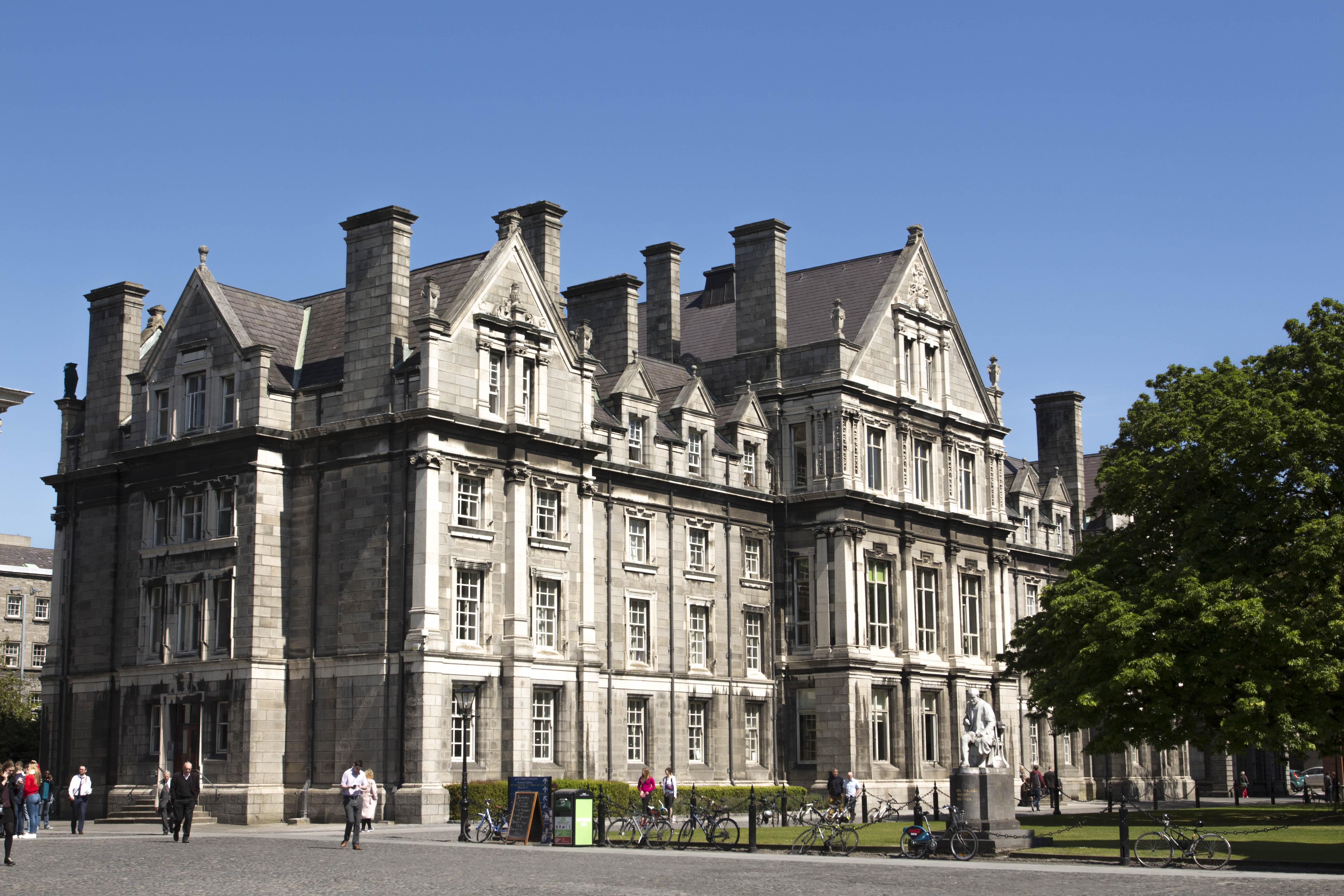
Hosted by Trinity’s Law Society and named in memory of their former auditor, who was the unfortunate victim of a car accident in 2007, the event was chaired by Professor Neville Cox and attended by members of the Forde family.
Peter Benson opened the debate, proposing the motion that this house would live in a world with no lies, by referring to two of history’s greatest minds, Immanuel Kant and Dua Lipa. Reassuring the room that such a world did not mean people would have to “be completely transparent but only be honest when asked for the truth,” he advocated that, without lies you could better rely on those around you. He then concluded by providing examples of the harm lies bring, such as the Gulf of Tonkin incident and Nazi propaganda, which led to the Vietnam war and the Holocaust respectively.
The opposition’s case was opened by Kate Nolan who urged that sometimes lying might be better than telling the truth. Telling your granny that her Christmas jumper is hideous and that “she should have gone to Specsavers” would only cause upset, whereas a white lie would preserve her feelings. She denied that such a world would make politicians honest, reminding us that it would still be possible to misdirect the public by twisting facts.
Darragh O’Boyle stated that if you’ve been protected from the truth and mollycoddled, that when you’re eventually shot down you’ll be devastated. He believed that it was currently a taboo to speak your mind and if we were allowed be honest and tell people that they are overweight it would “be better than them having to use insulin or get chemotherapy later.”
The helpful effect that small lies like the existence of Santa Claus can have on young children by providing them hope and happiness, was raised by Maeve O’Keefe. She also spoke about situations where telling a lie may be life-saving, for example giving “a creepy guy a fake number” or people in Holland during WW2 lying to the Gestapo that there were no Jews hiding in their house.
Gavin O’Dowd was adamant that “sometimes the best advice we get is the advice that is hardest to digest.” He contended that without lies, there would be no fake news and politicians who have “a promiscuous relationship with the truth” would not be able to justify extreme views with fabricated facts.
Nam Nghiem advocated that sometimes we must lie to ourselves about our situation, so we can feel hopeful.He also advocated that a world without lies would harm society as “the truth is, hope is a lie for a lot of people and they will spiral down without it”. Without this hope, he suggested kids might never be inspired or movements that were unlikely to succeed may have given up.
Closing the debate for the proposition, Kate Maher proposed that when we tolerate one small lie, we are more likely to tolerate other larger ones and that lying is objectively harmful in so many situations that it is not worth the few were it might be helpful. She also urged that it would prevent abuse as no one could tell you lies to make you feel worthless.
In the final speech of the night Jack Synnott countered that in a world without lies, people would withdraw in on themselves and avoid heart-to-heart conversations as they would have no filter, preventing them from keeping anything private. He rejected the notion that white lies could have a negative effect as the worst consequence of telling one is that someone might continue to wear ugly trousers whilst telling the truth could completely crush someone.
After a long and intense period of deliberation, the judges returned to announce that Peter Benson was runner-up and that Jack Synnott was the deserved champion of Law Soc’s 2018 Maidens final. Neville Cox summarised the quality of the debate aptly when said that each of the arguments that night could have been presented in the High Court.






